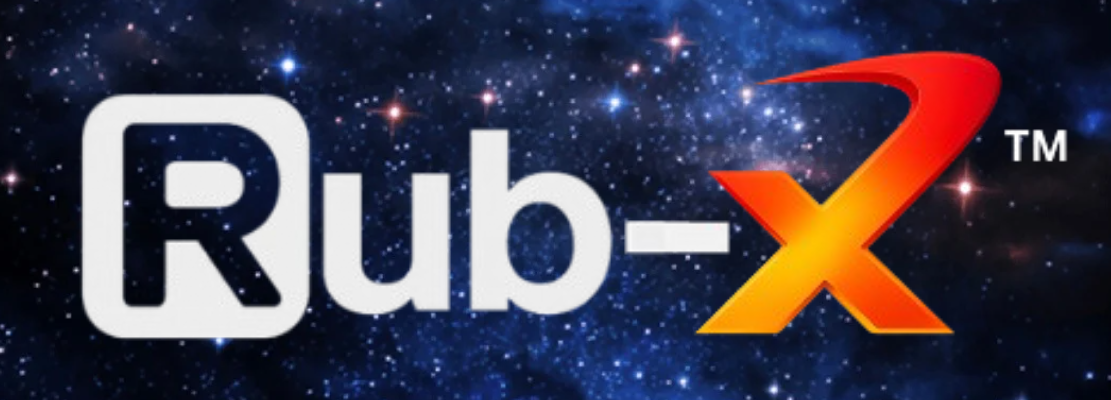

Natural rubber is indispensable to global industry, with roughly 70% used in tire manufacturing and the remainder vital for medical, automotive, and defense applications. Yet the sector suffers from profound structural challenges: chronic shortages of skilled tappers, widespread plantation abandonment, and heavy reliance on manual labor that inflicts long-term occupational harm on some of the world’s most vulnerable rural populations.
These problems are escalating under new regulatory frameworks, including the EU Deforestation Regulation (EUDR) and national human rights due diligence laws that directly link workplace safety to market access and legal liability.
Rub‑X is the first scalable, terrain-adaptable, closed-loop mechanical system that both automatically taps trees and collects latex, without requiring thousands of distributed batteries or fragile wireless networks. Following multi-country expert technical reviews facilitated by Confexhub and the identification of pilot estates in ASEAN, Rub‑X emerges as uniquely positioned to solve the entrenched economic, health, and ESG compliance barriers that have stalled previous mechanization attempts.
This white paper calls for multilateral custodianship—via WIPO, FAO, ILO, and UNDP—to enable equitable deployment, protect millions of rural livelihoods, and safeguard stable, transparent supply chains for one of the world’s most critical industrial raw materials.
The natural rubber sector is overwhelmingly reliant on smallholders, who account for approximately 85% of cultivated areas in Southeast Asia. Persistent labor shortages continue to impact Thailand, Indonesia, and Malaysia, as documented by the Association of Natural Rubber Producing Countries (ANRPC, 2023). An aging tapper workforce combined with declining interest among younger generations has left vast plantation areas under-tapped or abandoned.
Meanwhile, manual tapping imposes serious occupational health burdens. The International Labour Organization (ILO, 2020) recognizes rubber tapping as a major contributor to musculoskeletal disorders in agriculture. Studies from Malaysia indicate that up to 80% of tappers suffer chronic spinal or upper limb pain, diminishing productivity and shortening working lives.
A 2022 World Bank analysis warns that without breakthroughs in harvesting efficiency or large-scale replanting, the global rubber industry could face a 15–20% supply shortfall by 2030, threatening downstream industries and employment.
🚩 Billions Spent, No Viable Scale
⚙️ Regional Examples: Malaysia & Europe
Research institutes in Malaysia and engineering consortia in Europe have attempted robotic or fixed systems. ANRPC (2023) confirms none have resolved power logistics, terrain adaptability, or maintenance simplicity—key factors for scalable adoption.
📌 The Authoritative Verdict: “Not Scalable”
The takeaway: It’s not engineering flaws—but a mismatch with the economic and physical realities of smallholder rubber production.
🪓 1. Tapping System
🥥 2. Latex Collection System: Uses pneumatic suction via flexible tubes and rotary impellers.
✅ Summary: Rub‑X eliminates thousands of motors, batteries, and wireless units—delivering a low-cost, low-maintenance, terrain-agnostic solution for real-world automation.
✅ Official International Recognition: Rub‑X is registered on the WIPO GREEN platform.
🌱 View WIPO GREEN Listing
In 2023, Confexhub facilitated technical reviews of Rub‑X across multiple countries, introduced the system at the IRRDB Forum in Kuala Lumpur, and identified two ASEAN plantations for staged pilots. Delegates from five countries expressed formal interest. Internal reports repeatedly cite Rub‑X as a “game-changing platform.”
Manual tapping is tied to chronic injury risks (ILO, 2020). ESG and regulatory pressures are rising: the EU Deforestation Regulation (2023/1115) and national due diligence laws now require upstream labor and environmental compliance, linking violations to export bans and legal liability. With 70% of natural rubber used in tires (IRSG, 2022), supply instability is a major operational and reputational risk.
Rub‑X is the only validated system addressing both labor and compliance crises. We call for institutional custodianship through WIPO, FAO, ILO, and UNDP to:
Hanmin Hu
Founder & Owner, Rub-X
contact@rub-x.org
www.rub-x.org
Date: 7/16/2025